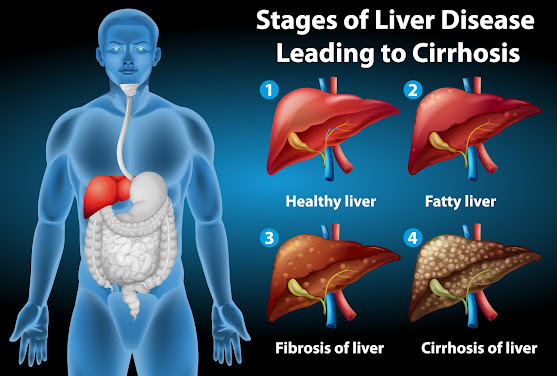Managing Irritable Bowel Syndrome: Understanding Symptoms, Treatments, and Risk Factors
Irritable Bowel
Syndrome (IBS) is a common digestive disorder that affects millions of
people worldwide. It is characterized by abdominal pain, bloating, and changes
in bowel habits, such as diarrhea or
constipation. In this blog, we'll
discuss the symptoms, treatments, and risk factors for IBS.
Symptoms of Irritable Bowel Syndrome
- Abdominal pain or cramping
- Bloating
- Diarrhea or constipation
- Mucus in the stool
- Gas
Treatments for Irritable Bowel Syndrome
- Lifestyle changes: such as reducing stress, avoiding certain foods, and improving sleep habits
- Medications: such as antispasmodics, anticholinergics, and laxatives
- Therapies: such as cognitive behavioral therapy (CBT) and hypnotherapy
- Diet: such as following a low-FODMAP diet
Risk Factors for Irritable Bowel Syndrome
- Genetics: having a family history of IBS increases your risk
- Mental health: those with depression, anxiety, or post-traumatic stress disorder (PTSD) are more likely to develop IBS
- Gender: women are more likely to develop IBS than men
- Food intolerances: such as lactose or gluten intolerance
Conclusion
IBS can cause significant discomfort and disruption to daily
life, but there are many treatments available to help you find relief. If
you're experiencing persistent abdominal
pain or changes in bowel habits, it's important to seek medical attention
to determine the cause and the best course of treatment. With the right
approach, you can find relief and get back to a healthy, pain-free life. Consult
with best gastroenterologist for irritable bowel syndrome treatment in
Indore.




Comments
Post a Comment